15 Surprisingly Healthy Foods You’re Probably Not Eating Enough Of
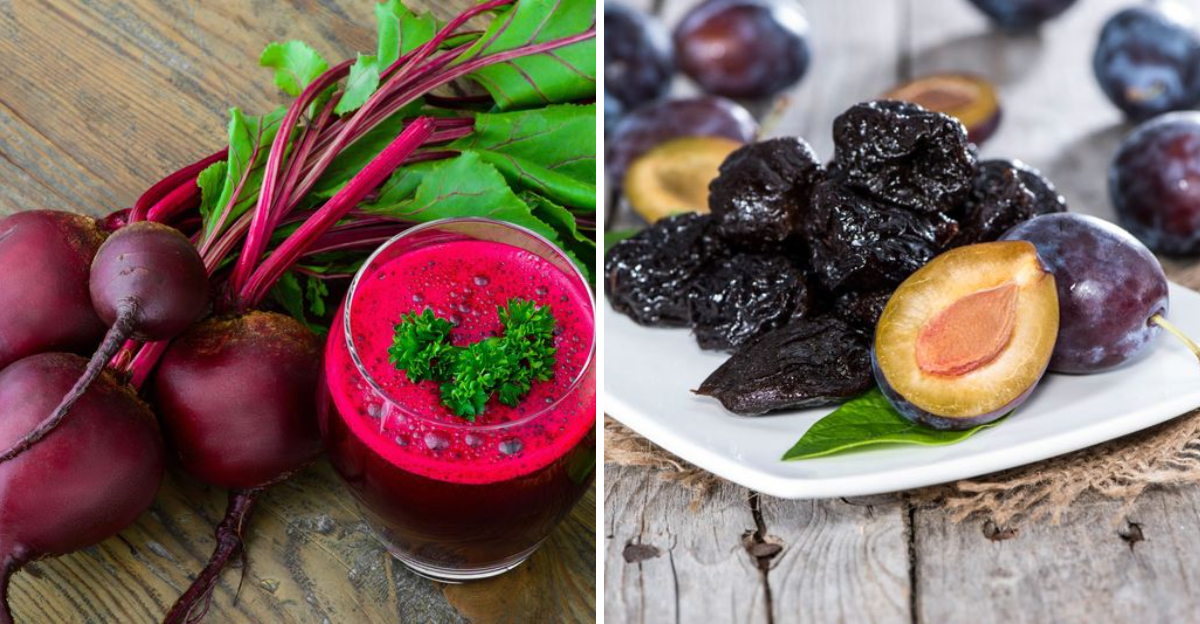
When we think of “healthy foods,” we often picture kale, quinoa, or plain grilled chicken. But there’s a whole world of nutrient-packed foods that are flying under the radar—delicious, versatile, and seriously good for your body. Here are 15 surprisingly healthy foods you might be overlooking but should definitely be eating more often.
1. Beets
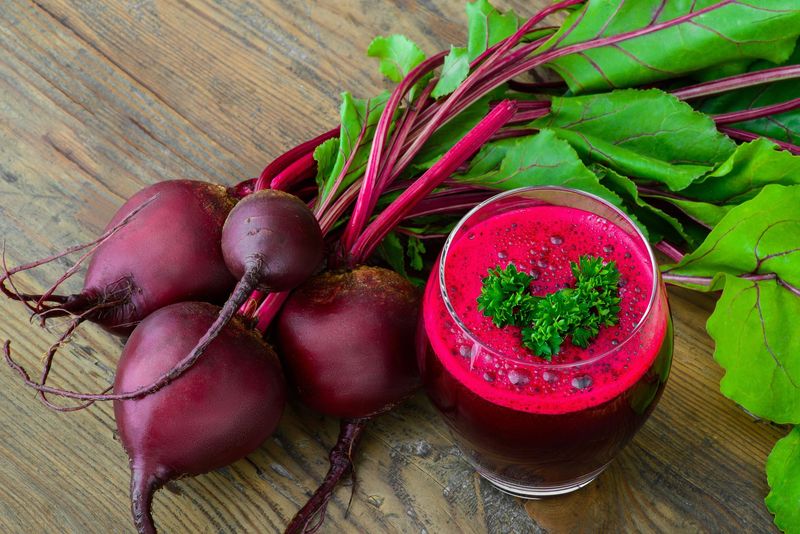
Beets, with their earthy sweetness, are a remarkable food for heart health. Rich in nitrates, they may boost endurance and lower blood pressure. Their vibrant red hue is not just visually appealing but also indicative of their antioxidant content.
Roast them to bring out their natural sweetness, juice them for a refreshing drink, or shred them raw into salads for an unexpected crunch. Historically, beets were used for medicinal purposes in ancient Rome, valued for their aphrodisiac properties.
Incorporating beets into your diet can add color and nutrients, making them a must-have in every kitchen.
2. Lentils
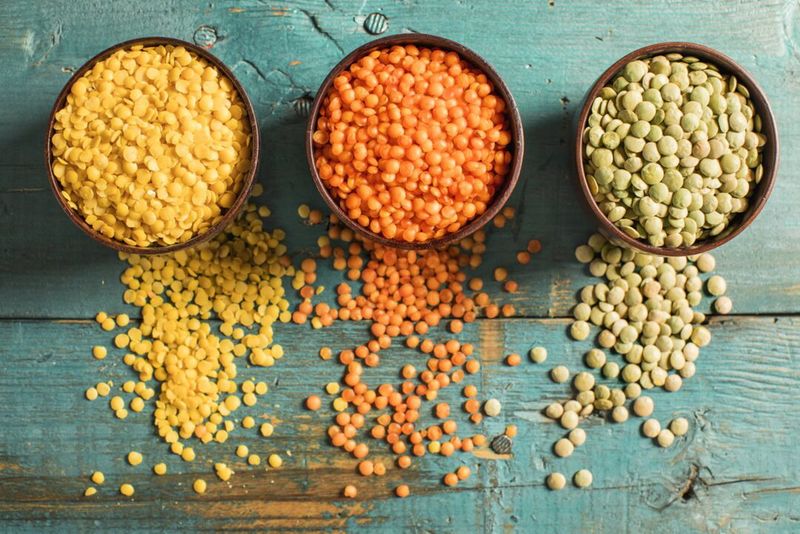
Lentils might seem humble, but they’re a nutritional powerhouse waiting to be discovered. Loaded with plant-based protein, fiber, and essential minerals like iron and folate, they offer sustenance and nourishment.
These legumes are not only filling but also incredibly versatile in the kitchen. They can be the star of a hearty soup, a protein-packed salad, or a savory curry. The rich history of lentils dates back to ancient times, where they were considered a staple food in many cultures.
Affordable and adaptable, lentils deserve a regular spot in your meal rotation.
3. Sardines

Sardines are more than just a canned fish; they’re a nutritional treasure trove. High in omega-3 fatty acids, they support heart and brain health effortlessly.
The tiny bones are edible and provide a great source of calcium, making sardines a bone-friendly food. Their taste is less fishy when packed in olive oil and they can add depth to a pasta dish or a salad.
Historically, sardines have been a staple for coastal communities, appreciated for their abundance and ease of preservation. Embrace sardines for a simple yet nutritious addition to your meals.
4. Sauerkraut
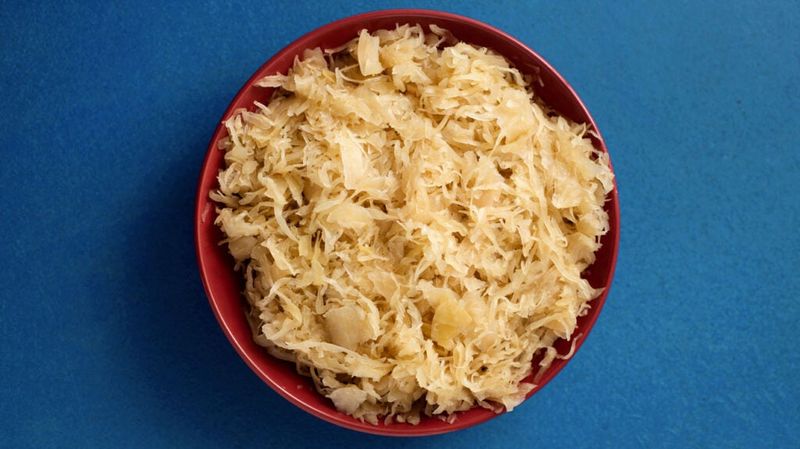
Sauerkraut, the tangy fermented cabbage, is a hidden gem for gut health. Its rich probiotic content supports digestion and boosts the immune system.
Originating from Central Europe, this fermented delight adds a zesty kick to meals, whether served as a side dish or an ingredient in sandwiches. Just ensure you choose refrigerated versions without added sugars for the best health benefits.
Fermented foods like sauerkraut have been consumed for centuries to improve gut flora. Including sauerkraut in your diet can be a flavorful way to enhance your digestive health.
5. Seaweed
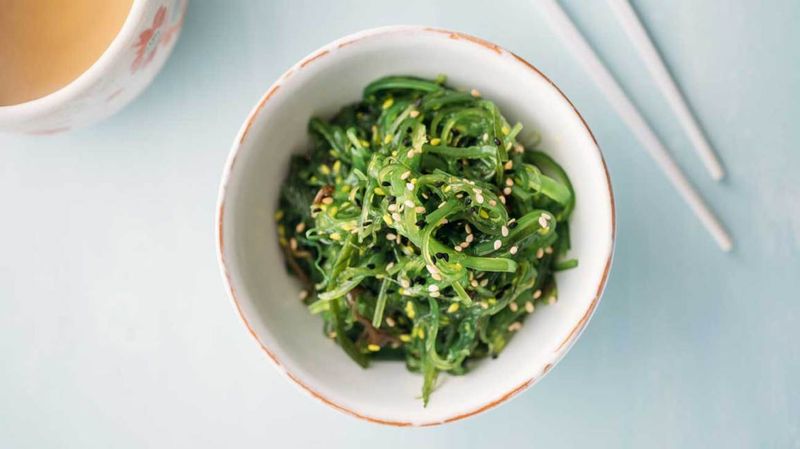
Seaweed isn’t just for sushi; it’s a mineral-rich ocean vegetable worth adding to your meals. Especially high in iodine, it supports thyroid health and is packed with antioxidants.
This low-calorie food can be enjoyed as a salad, a soup ingredient, or wrapped around rice and fish. Different cultures have prized seaweed for its nutritional benefits, particularly in Asia where it’s a dietary staple.
Incorporating seaweed into your diet can bring a unique flavor and valuable nutrients, helping you explore the culinary treasures of the sea.
6. Pumpkin Seeds (Pepitas)
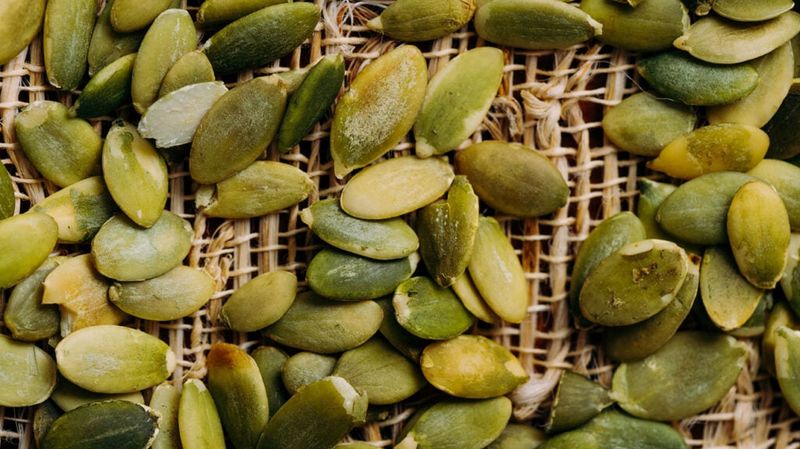
Pumpkin seeds, or pepitas, may be small, but they’re mighty in nutrition. Packed with magnesium, zinc, iron, and healthy fats, these seeds contribute to overall well-being.
Their nutty flavor makes them a delightful addition to oatmeal, salads, or even ground into a pesto. Historically, pumpkin seeds were used by Indigenous peoples for both culinary and medicinal purposes.
Including pumpkin seeds in your diet can enhance the nutritional value of your meals, providing essential minerals that support a healthy lifestyle.
7. Cottage Cheese
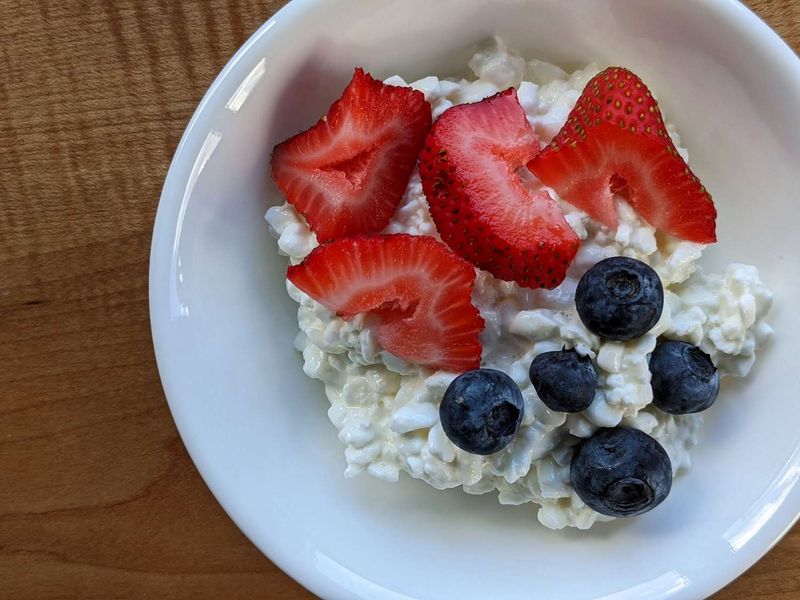
Cottage cheese is making a nutritional comeback. Once overlooked, it’s now appreciated for its high protein content and low carbohydrate profile.
Perfect for both savory and sweet dishes, cottage cheese can be mixed with fruits, used in salads, or enjoyed on its own. Its creamy texture and mild flavor make it a versatile ingredient in the kitchen.
Historically, cottage cheese has been a staple in many cultures, valued for its simplicity and nourishment. Rediscovering cottage cheese can offer a delicious and protein-rich addition to your diet.
8. Blackstrap Molasses
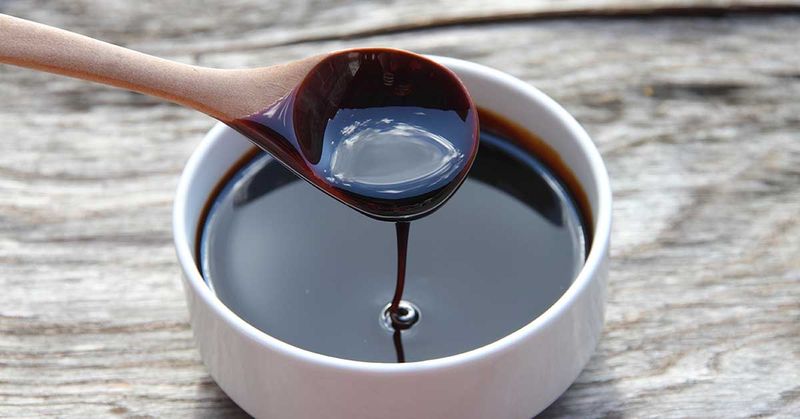
Blackstrap molasses might be a lesser-known sweetener, but it’s a powerhouse of minerals. Rich in iron, calcium, and potassium, it provides more than just sweetness.
A spoonful of this thick syrup can be added to oatmeal, smoothies, or baked goods for a nutritional boost. Historically, it was a common sweetener for early American settlers who valued its robust flavor.
Incorporating blackstrap molasses into your diet can offer a unique way to sweeten naturally while enhancing nutritional intake, making it a smart choice for health-conscious individuals.
9. Mushrooms (Especially Shiitake & Maitake)

Mushrooms, particularly shiitake and maitake, are not just culinary delights but also health-supporting fungi. Known for their immune-boosting properties, they offer a low-calorie way to add flavor.
Their natural umami enhances dishes, from stir-fries to soups, without the need for extra salt. Ancient cultures, especially in Asia, have utilized mushrooms for their medicinal qualities.
Adding these mushrooms to your meals can provide both flavor and health benefits, making them a fantastic addition for those seeking nutritious diversity.
10. Avocado Oil
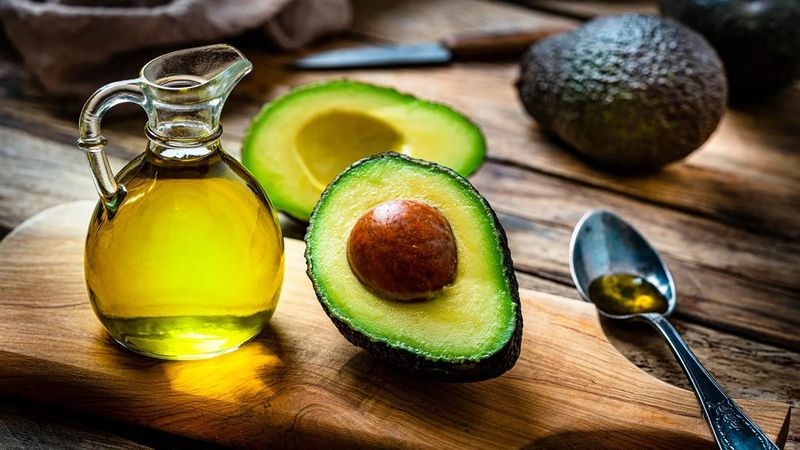
Avocado oil is a heart-smart alternative to traditional cooking oils. With its high smoke point and buttery flavor, it’s perfect for roasting or making dressings.
Rich in monounsaturated fats, avocado oil supports cardiovascular health while adding a satisfying taste to any dish. In recent years, it has gained popularity among health enthusiasts for its balanced fatty acid profile.
Incorporating avocado oil into your cooking routine can provide a flavorful and nutritious twist, transforming everyday meals into gourmet experiences.
11. Tahini
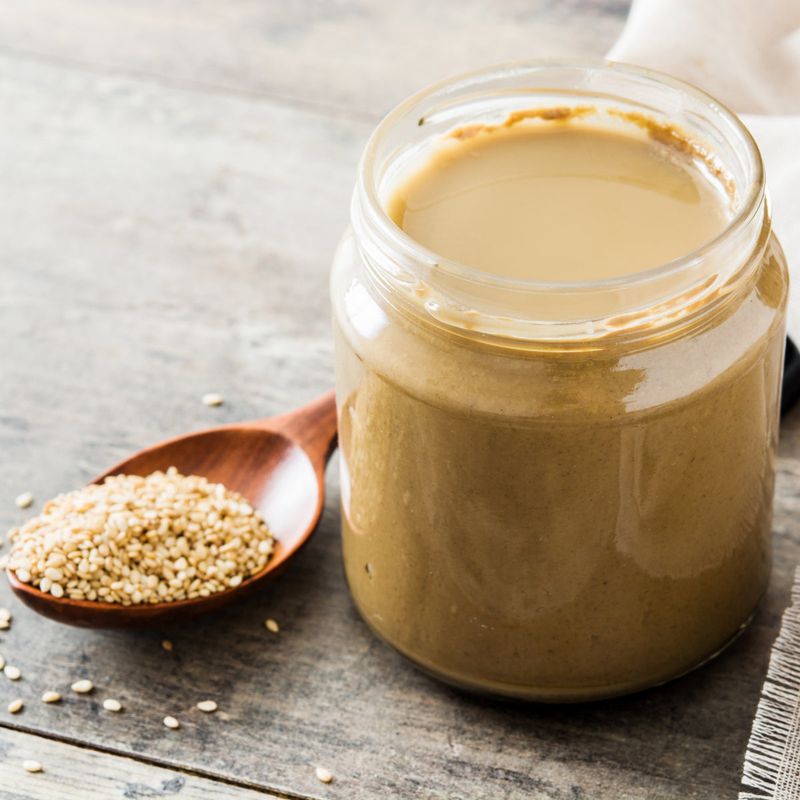
Tahini, a creamy paste made from sesame seeds, is more than just an ingredient in hummus. Rich in calcium, iron, and healthy fats, it’s a versatile addition to your diet.
It blends beautifully into salad dressings, sauces, or even spread on toast with a drizzle of honey. Tahini has a storied history in Middle Eastern cuisine, where it’s been a staple for centuries.
Using tahini in your dishes can enhance both flavor and nutrition, making it an essential ingredient for those seeking diverse culinary experiences.
12. Edamame
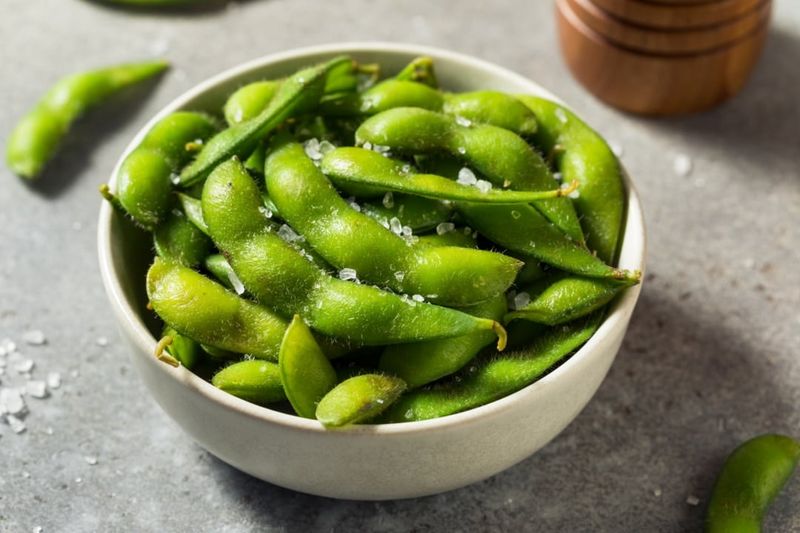
Edamame, young soybeans, are a delightful snack that packs a punch of nutrition. Full of protein, fiber, and essential minerals, they are both satisfying and nourishing.
These beans can be enjoyed simply steamed and salted, tossed in salads, or blended into dips for a protein-rich alternative. In Asian cuisines, edamame is a beloved ingredient, cherished for its taste and versatility.
Including edamame in your diet introduces a plant-based protein source that is both delicious and beneficial, perfect for modern, health-conscious lifestyles.
13. Hemp Seeds
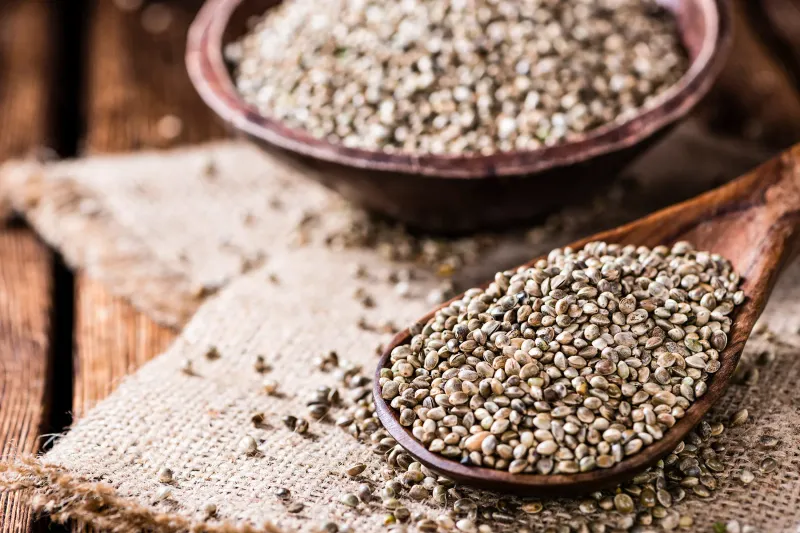
Hemp seeds, with their nutty flavor, are a remarkable source of plant-based protein and omega-3 fatty acids. These tiny seeds contribute significantly to a balanced diet.
Sprinkle them on yogurt, blend them into smoothies, or use them as a topping for toast. Historically, hemp has been cultivated for thousands of years, valued for its nutritional and industrial uses.
Integrating hemp seeds into your meals can offer a crunchy texture and a nutritional boost, enhancing both taste and health benefits.
14. Prunes
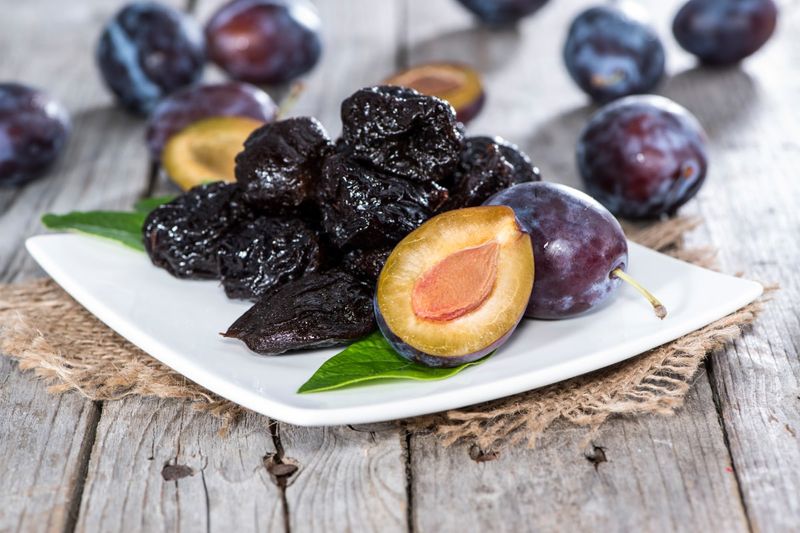
Prunes, while often associated with digestion, offer much more. Packed with polyphenols and potassium, they can support bone health and overall vitality.
Their natural sweetness makes them a delightful snack on their own or added to baked goods for a nutrient-rich treat. Ancient civilizations appreciated prunes not only for their taste but also for their health benefits.
Including prunes in your diet provides a sweet way to boost nutritional intake, offering unique benefits beyond their reputation for digestive health.
15. Watercress
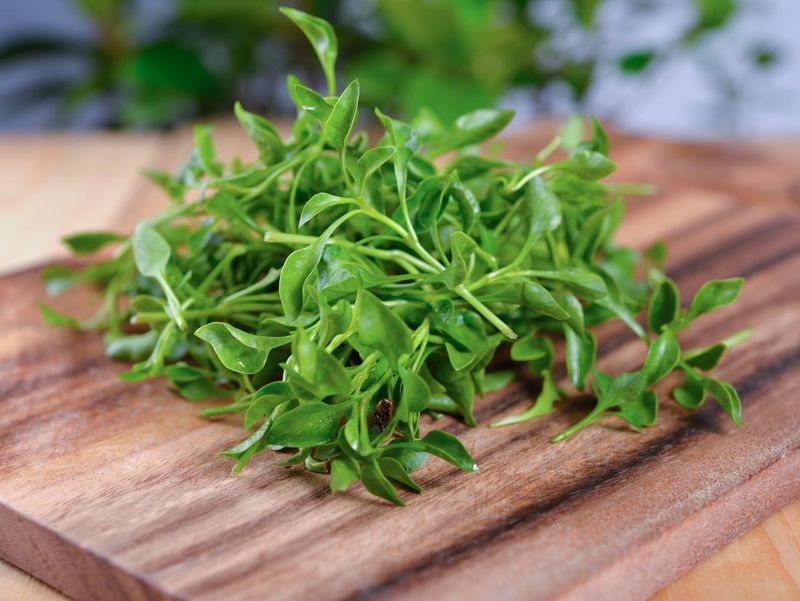
Watercress, the peppery green, is a superfood that often flies under the radar. Containing more vitamin C than oranges and more calcium than milk (gram for gram), it’s incredibly nutritious.
This leafy green can be used in salads, sandwiches, or as a garnish for soups. Historically, watercress was a staple in the diet of ancient soldiers, valued for its health-boosting properties.
Adding watercress to your meals can enhance flavor and provide a wealth of nutrients, making it a worthy addition to any diet.
